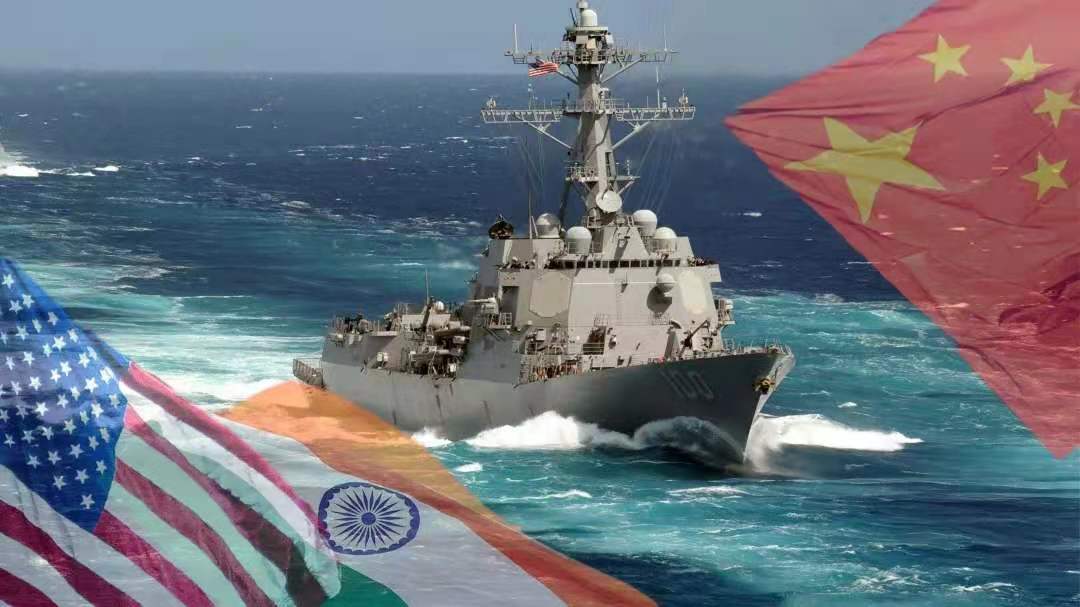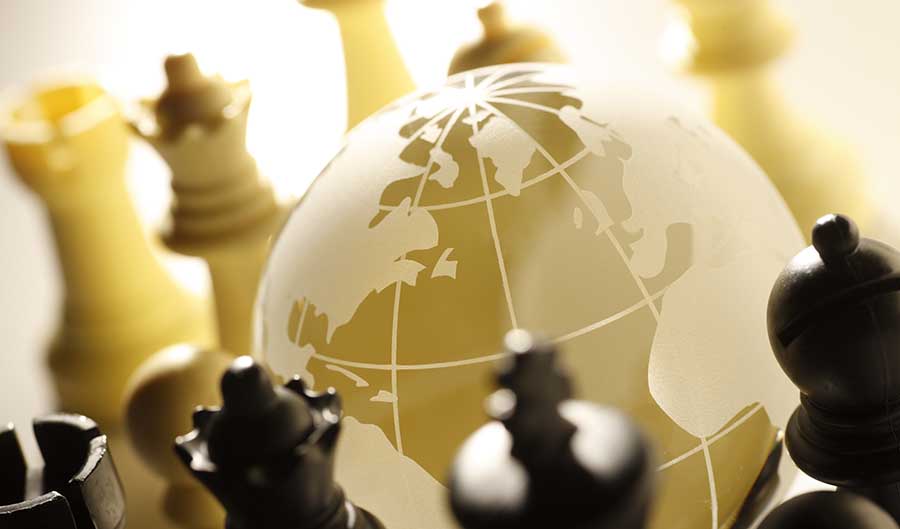Fan Jishe, Professor, the Central Party School of Communist Party of China
Jun 24, 2021
Three major matters underpin the future of China-U.S. relations. First, there is no such thing as a destiny of doom as presented in the concept of the Thucydides trap. On the contrary, the future of the Sino-U.S. relationship is largely up to both countries to assess, determine and choose.
Zhang Yun, Professor, School of International Relations, Nanjing University
Jun 24, 2021
China needs to a better job in responding to Western scolding. It may need to express discontent, or even anger, from time to time. But mostly it must be able to deliver a positive, vivid and appealing Chinese narrative.

He Yafei, Former Vice Minister of Foreign Affairs
Jun 21, 2021
China, the United States and India have different strategic goals and so their interests conflict — so much so that strategic suspicion has fostered a negative kind of competition in which the other side is labeled as a primary rival. Of course there is a way to break the impasse. But it boils down to whether the parties really want to.
Sun Chenghao, Fellow, Center for International Security and Strategy of Tsinghua University; Munich Young Leader 2025
Jun 07, 2021
The Biden administration faces many constraints and limitations. And the two sides do not appear to have enough political will to reach a grand strategic bargain. Thus, the summit is unlikely to smooth the bumpy road of bilateral relations.
Nong Hong, Executive Director, Institute for China-America Studies; Senior Fellow, Beijing Club for International Dialogue
May 17, 2021
When it comes to participation in international organizations, the objectives of the major powers are not entirely clear. Will there be competition for influence or can China and the United States develop opportunities for cooperation? Only the latter will promote a healthy model of global governance.
Yu Sui, Professor, China Center for Contemporary World Studies
Apr 06, 2021
Both countries know that confrontation only leads to a dead end in the long run. A mix of cooperation and competition remains the norm that has worked for both countries in the past. But it’s difficult to strike a balance, and competition is likely to overwhelm cooperation, as it always has.
Richard Javad Heydarian, Professorial Chairholder in Geopolitics, Polytechnic University of the Philippines
Feb 04, 2021
Trump’s presidency drastically changed the American foreign policy landscape, which presents a challenge to Biden as he determines how best to engage in the world’s most significant bilateral relationship.

Zhang Yun, Professor, School of International Relations, Nanjing University
Oct 21, 2020
Questions have arisen with the pandemic about who is responsible for what. The answer is simple and clear: National governments are the primary providers of assistance to their citizens.
Joseph S. Nye, Professor, Harvard University
Aug 13, 2020
Since 2017, America’s National Security Strategy has focused on great power competition, and today much of Washington is busy portraying our relationship with China as a new cold war. Obviously, great power competition remains a crucial aspect of foreign policy, but we must not let it obscure the growing transnational security threats that technology is putting on the agenda.
Sun Chenghao, Fellow, Center for International Security and Strategy of Tsinghua University; Munich Young Leader 2025
Jun 13, 2020
The notion of persuading countries in an expanded G7 to adhere to the U.S. line for containing China has far too much working against it. The schism between America and Europe is only widening under the unpredictable impulses of the current U.S. president.
Back to Top

- China-US Focus builds trust and understanding between the U.S. and China through open dialogue among thought leaders.
- Our Offerings
- Topics
- Videos
- Podcasts
- Columnists
- Research Reports
- Focus Digest
- Stay Connected
-
Thanks for signing up!
- Get the latest stories from China-US Focus weekly.